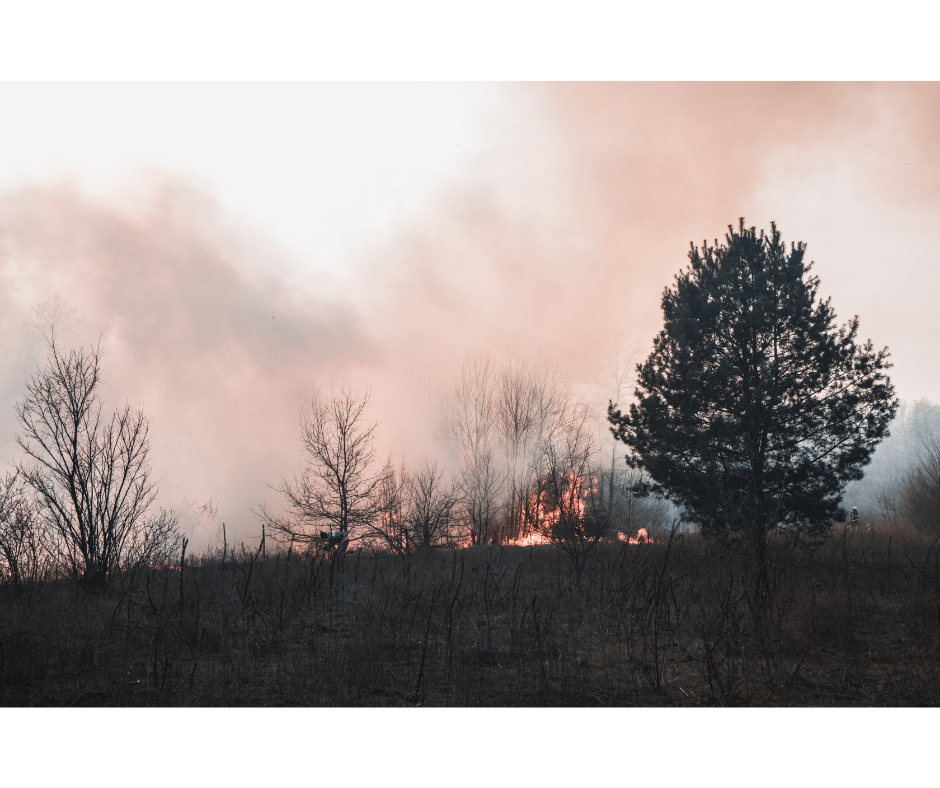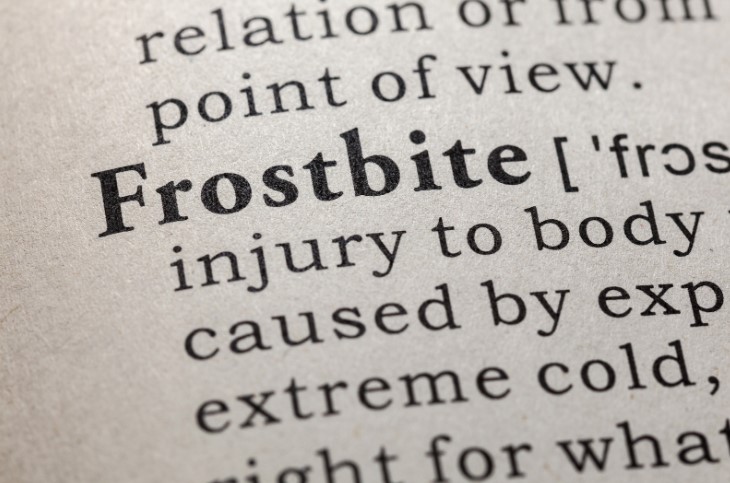The biggest health threat in wildfire smoke comes from the fine particles that penetrate the lungs and can cause serious health problems. Although wildfires may be very far away, people should pay attention to the smoke.
This article explores ways to protect your health and be safe after wildfire smoke exposure.
What Is Wildfire Smoke And Can It Make Me Sick?
Smoke is a collection of a complex mixture of gases and fine particles produced by burning wood and other organic material.
The biggest health threat from smoke comes from the fine particles penetrating deep into the lungs. The effect of the exposure can range from relatively minor to more severe health complications.
While not everyone develops a reaction to wildfire smoke, it is still a good idea to avoid breathing it. Heavy smokes, particularly those in closer proximity to the wildfire, can bring severe effects to the body.
In fact, exposure to air particle pollution has been linked to unconsciousness and premature death.
Wildfire smoke has made headlines in Australia recently, particularly the 2019-2020 most extreme bushfire. The said event has produced the largest input of wildfire smoke to the stratosphere and has a measurable effect on the atmosphere.
Not only were thousands of people have to flee their homes, but wildfire smoke also threatened the lung health of others thousands of miles away.
Who Is Most At Risk From Exposure To Smoke?
Smoke from the wildfire may worsen symptoms for people who have pre-existing health conditions and those who are extra sensitive to air pollution.
Small children, older adults, and people with heart and lung conditions (asthma, bronchitis, congestive heart failure) are particularly at risk of the adverse effect of wildfire smoke exposure.
The risk increases as the smoke become heavier, and the length of exposure is extended.
Symptoms Of Smoke Exposure
Breathing wildfire smoke can cause adverse effects, including:
- Persistent cough or phlegm
- Scratchy throat or irritated sinuses
- Breathing difficulties
- Stinging eyes
- Headaches
- Asthma attacks
- General weakness
- Chest pain
- Rapid heartbeat
Protect yourself and others from smoke inhalation before, during, and after a wildfire. Seek professional advice if symptoms worsen or last longer than a couple of days.
Tips To Reduce Smoke Exposure
Here are ways to limit your exposure to smoke.
Limit your exposure to the smoke:
- Limit outdoor activities, especially if there is a history of asthma or shortness of breath.
- Regularly check and update home fire safety equipment
- Stay inside and keep all windows and doors closed. Keep the filter running for air conditioning to circulate the air in the room.
- Limit any strenuous activities after smoke exposure.
- Avoid cigarette smoke, both first-hand and second-hand.
- Do not burn wood stoves, gas stoves, and even candles that can generate additional smoke in the air.
- When spending time outdoors, use an N95 respirator mask that fits appropriately and passes the occupational health and safety standards.
- Check local weather forecasts through different communications channels – radio, television, internet, etc.
People with pre-existing medical conditions must take extra precautions. Always have enough supply of maintenance medications that can last for several days, preferably a week.
For symptoms that are getting out of hand, call triple zero (000) and seek prompt medical attention.
For asthma and anaphylaxis conditions, have a written asthma action plan beforehand. Talk to your GP regarding any concerns about health and safety.
Conclusion
Wildfire smoke spreads fast and can bring harm to everyone. The key to safety is being prepared, especially for people living in high-risk areas.
Learn emergency skills, including First Aid and CPR, to prepare yourself and others for unexpected events that may arise from a wildfire.








